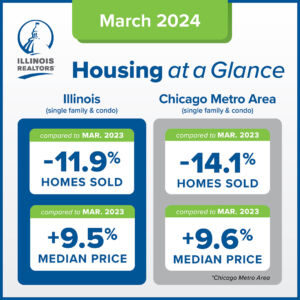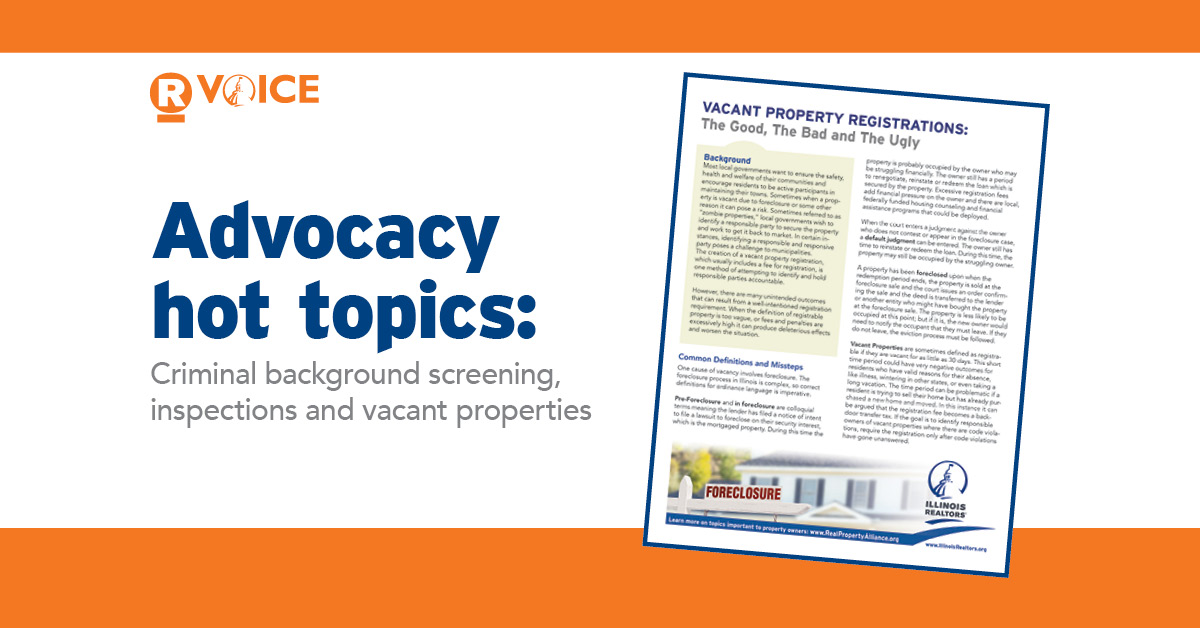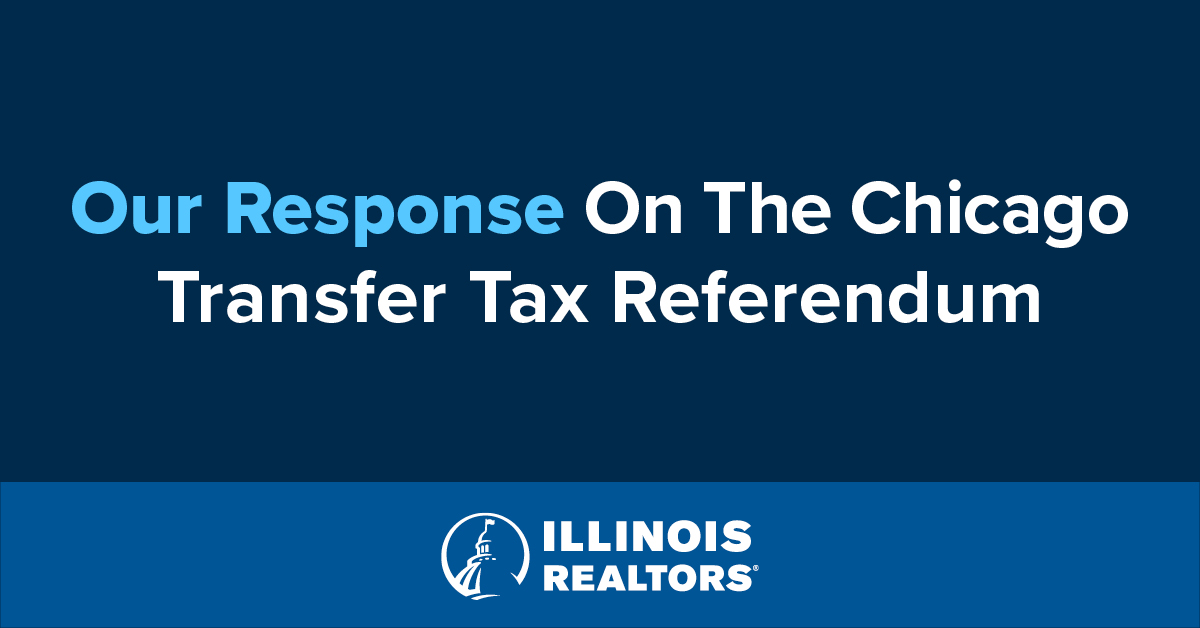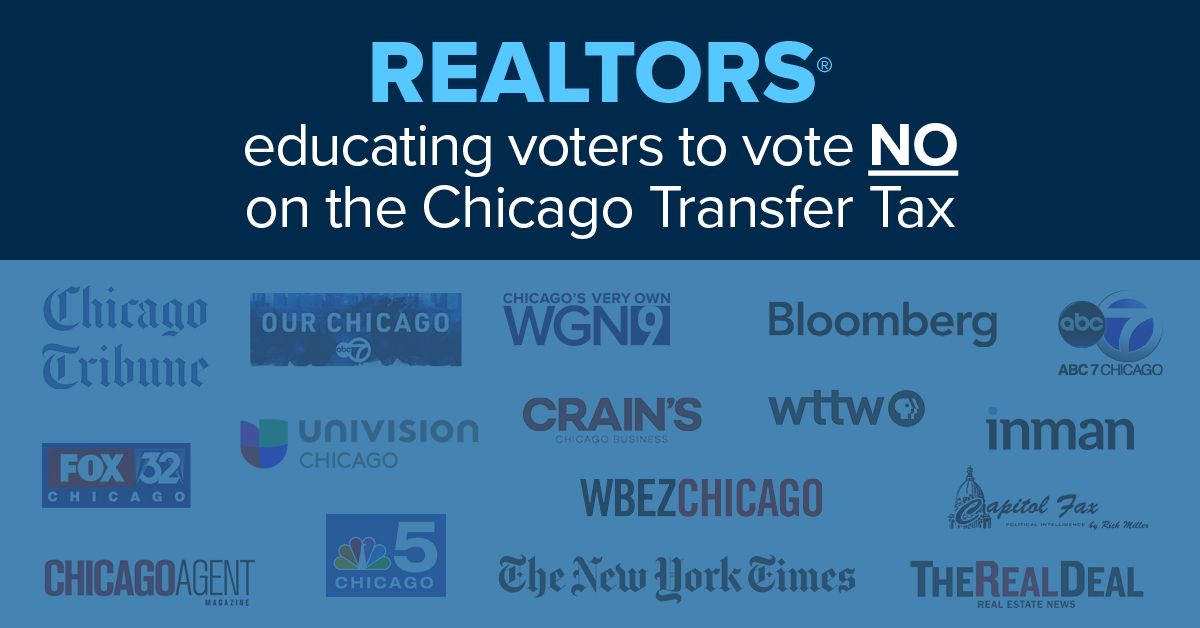Cook County rules regarding criminal background screening
In April 2019, the Cook County Board of Commissioners amended the county’s Human Rights/Fair Housing Ordinance to add the “Just Housing Amendment.”
The intent of the ordinance is clear: prevent housing discrimination among persons with a criminal background. The amendment went into effect on Jan. 31, 2020.
One of the biggest changes for housing providers will be incorporating the required, new two-step screening procedure. The first step is to “pre-qualify” a rental applicant on the ability to pay as well as items such as references and tenant history. If an applicant is pre-qualified, the next step of a criminal background check can be taken (only convictions three years old or less may be considered).
If an applicant has a criminal history, an “individualized assessment” must be done. The assessment considers factors such as the nature and severity of the criminal offense and how recently it occurred, number of applicant’s criminal convictions, length of time since the offense occurred, evidence of rehabilitation, etc.
Another provision gives applicants with a criminal history an “opportunity to dispute” the accuracy or relevance of a finding in a criminal background check.
For more information, go to www.IllinoisRealtors.org/JustHousing This is a members-only page, so you will need to log in.
Lawsuit challenges Sauk Village inspection program
Several Illinois municipalities have “point of sale” home inspection programs. Sellers of single-family homes are required to contact the municipality when they put their home up for sale or rent. The municipality then conducts an inspection to enforce compliance with property maintenance codes.
Illinois REALTORS® has worked with municipal officials to make sure these programs do not unduly interfere with the transaction and also allow due process for property owners.
In January, a property owner in Sauk Village (southern Cook County) initiated a lawsuit against the village after it imposed a new set of inspection procedures that created huge new burdens for sellers, buyers and renters. The village delegated the inspection to an outside, private company (not permitted under state law). In addition, the scope of the required inspections is unclear. This has caused inconsistent enforcement and delays in transactions. Illinois REALTORS® and Mainstreet Organization of REALTORS® are assisting the owner (plaintiff) in this legal action.
At press time this lawsuit was still pending. Illinois REALTORS® will provide periodic updates.
Vacant properties and the foreclosure process
After the recession, many local governments attempted to deal with vacant homes in their communities. Some municipalities imposed vacant property registration requirements aimed at identifying a responsible party to secure and maintain the home.
Unintended outcomes have resulted from these registration requirements. When the definition of registrable property is not clear, or fees and penalties are excessively high, it can worsen the situation. A lack of understanding of the foreclosure process also contributed to the problem.
Illinois REALTORS® has developed a new informational guide on vacant properties and the foreclosure process. “Vacant Property Registrations: The Good, The Bad and The Ugly,” helps local government officials, REALTORS® and consumers understand vacant property issues and provides a general overview of the foreclosure process in Illinois.
To get a copy of this members-only guide, log into www.IllinoisRealtors.org/Advocacy/RVoice/RVoiceDownloads/




 Create professional development programs that help REALTORS® strengthen their businesses.
Create professional development programs that help REALTORS® strengthen their businesses.
 Protect private property rights and promote the value of REALTORS®.
Protect private property rights and promote the value of REALTORS®.
 Advance ethics enforcement programs that increase REALTOR® professionalism.
Advance ethics enforcement programs that increase REALTOR® professionalism.
 Protect REALTORS® by providing legal guidance and education.
Protect REALTORS® by providing legal guidance and education. Stay current on industry issues with daily news from Illinois REALTORS®, network with other professionals, attend a seminar, and keep up with industry trends through events throughout the year.
Stay current on industry issues with daily news from Illinois REALTORS®, network with other professionals, attend a seminar, and keep up with industry trends through events throughout the year.







